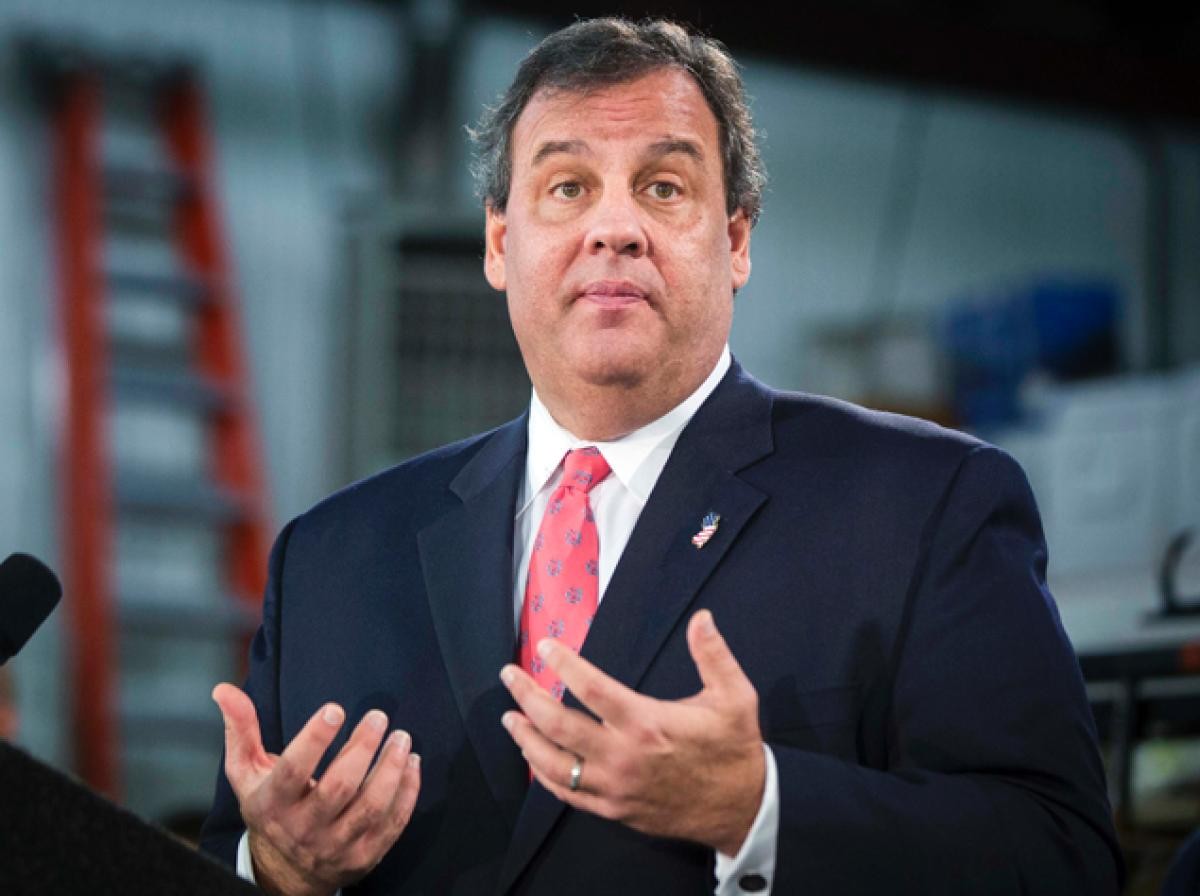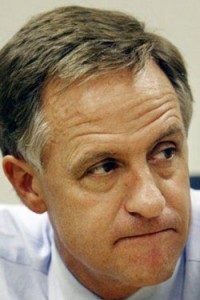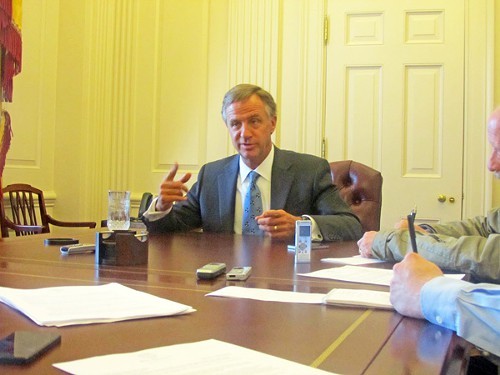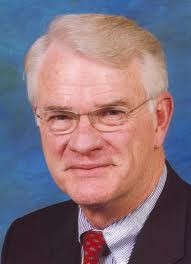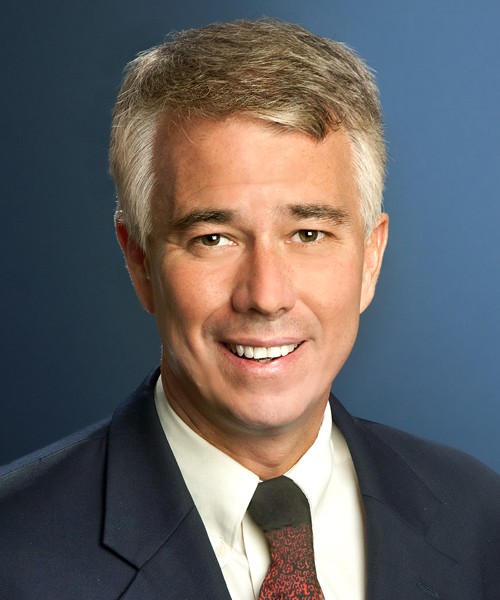
The pending shut-down of Crittenden Regional Hospital in West Memphis, which followed several months of highly publicized financial crisis, should sound the alert for medical authorities in Memphis — especially at Regional One Health (formerly known as The Med), which will inherit much of the now stranded patient load at the expired hospital.
The loss of Crittenden Regional and the resultant further shift of the medical burden to Regional One highlights once again still unresolved questions of the degree to which both Arkansas and Mississippi should compensate the Memphis facility for taking care of underprivileged patients from those states who seek medical assistance on our side of the state line.
And the closing of the facility in Tennesssee’s neighboring state should stand as both a warning and a reproach to Governor Bill Haslam and the Tennessee General Assembly — the latter for its callous indifference to the needs of our state’s stressed and financially challenged hospitals, as evidenced in the Republican-dominated legislature’s persistent refusal to consider Medicaid expansion funds available through the Affordable Care Act (Obamacare), and the former for letting himself be cowed into acquiescing in that refusal.
As Tennessee law now stands, the General Assembly having passed legislation in last year’s session giving itself de facto veto power over any future decisions Haslam might make on the issue, the governor’s hands are more or less tied. But he had ample opportunity before that point, when hospital administrators all over the state were begging him for financial relief, to avail himself of Medicaid expansion funds. He should have accepted the funds, even at the potential cost of inviting threats to his reelection. No profile in courage there, Gov.
It is true, of course, that Crittenden, like other public hospitals in Arkansas, had the benefit of Medicaid expansion funds, thanks to the fact that the state’s governor, Mike Beebe, is a Democrat, like the president, and therefore is not bound to an ideology of refusal that too many Republicans, for purely political reasons, are bound to. That fact alone kept the hospital alive for a season or two. But a pair of serious fires at the facility, one as recently as this year, pushed the hospital over the fiscal cliff.
There are numerous hospitals in Tennessee that are teetering on the edge of bankruptcy, and, failing the kind of unforeseen accident that happened in Crittenden, could easily survive with a fair share of the $2 billion that our state officials have opted to deny them.
Back to Arkansas: Another Democrat, U.S. Senator Mark Pryor, is running for reelection with a campaign that features public speeches on behalf of Obamacare/Medicaid expansion (both of which, however, he, rather too cautiously, calls by euphemistic names), pointing out that he himself was able to survive a bout with cancer in the 1990s, despite the fact that his insurance company back then declined to pay for the expensive treatment he required, which he then had to pay for out of pocket.
Obamacare, Pryor notes, prevents insurors from doing that to others. It can help keep hospitals alive, too.

